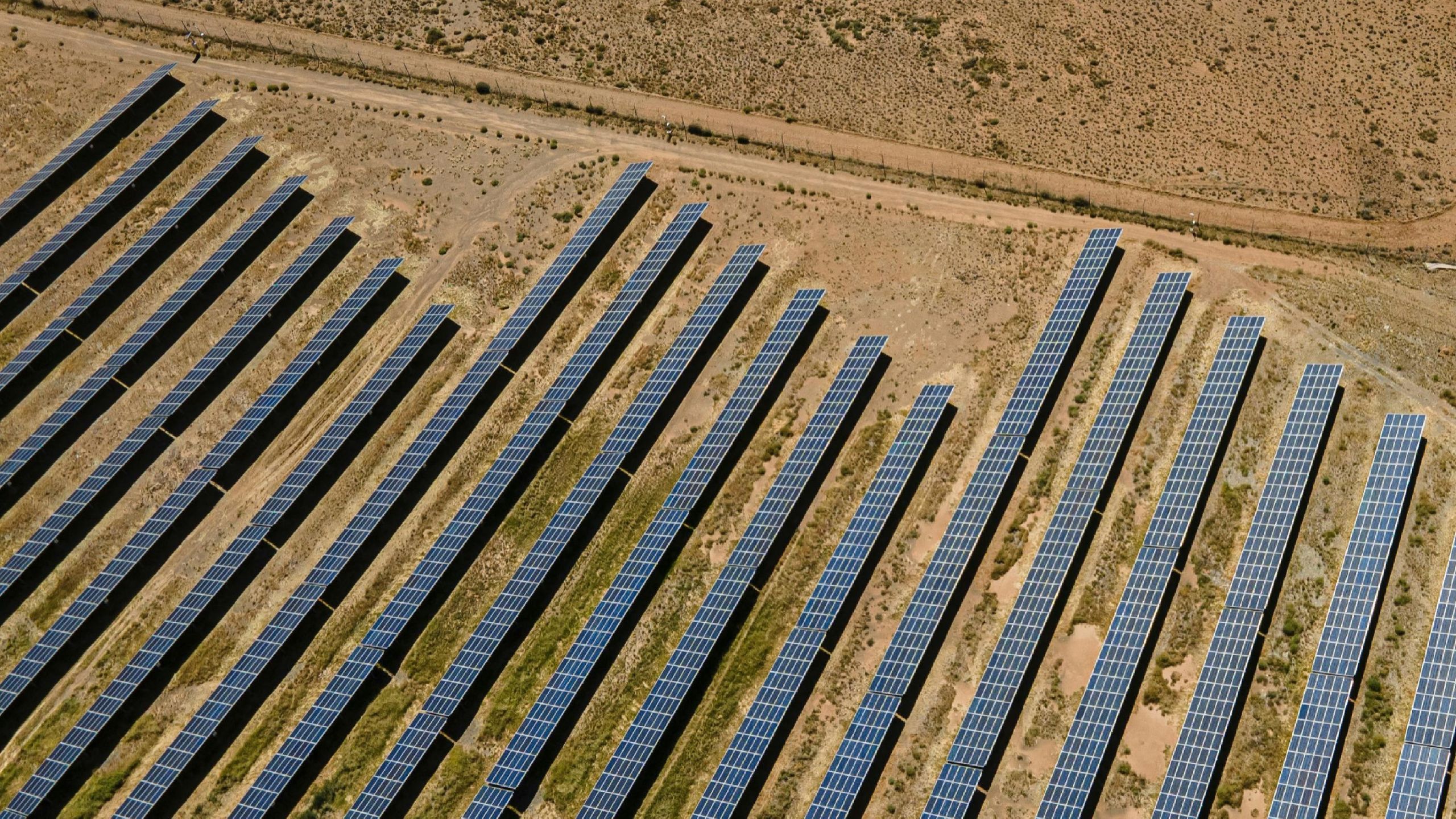Renewable Energy, VCS

Overview: Solar power plant generating renewable energy.


The 20 MW Ambatolampy photovoltaic power project in Madagascar is the first large-scale solar power plant on the island. The project is located in the south-east of the Vakinankaratra region in the centre of the island and consists of 73,000 solar panels. The plant has been operating since July 2018, and supplies around 20% of Madagascar’s energy supply.
Benefits: Emissions reductions and sustainable development
The project produces greenhouse gas emission savings by reducing Madagascar’s reliance on fossil fuels. The conventional power generation sources in Madagascar are relatively carbon-intensive, with fossil fuel power stations providing 76% of the island’s electricity. Based on a conservative production target of 35,612 MWh per year, the Ambatolampy photovoltaic project will achieve annual carbon savings of 23,430 tonnes of CO2 equivalent per annum, resulting in total carbon savings of 164,018 tonnes of CO2 emission reductions over the 7-year credit period from 2018 to 2025.
The introduction of solar power to the island is in line with the national criteria for sustainable development and provides a renewable source of energy across the country. This is especially important as less than one fifth of the population currently has access to electricity on the island. The project also improves the energy self-sufficiency of Madagascar as most of it’s electricity supply is currently imported to Madagascar’s grid from fossil-fuelled power plants.
The project contributed to local employment during the construction phase and in the operational phase directly sustains ten local jobs. Throughout the building and operation phases this project has been in accordance with the national sustainable development criteria, minimising any risks presented to the environment.
Project Carbon Credits
The project reported actual greenhouse gas reductions equivalent to 37,847 tonnes of CO2e over the latest published two-year monitoring period (July 2018 and April 2020). The corresponding carbon credits were verified to the Verified Carbon Standard by Earthood Services Private Ltd in October 2020 (documentation available on request).



♦This project is one of our premium projects. Due to limited availability please specify if you would like us to use this project for your offset and we will quote accordingly.

